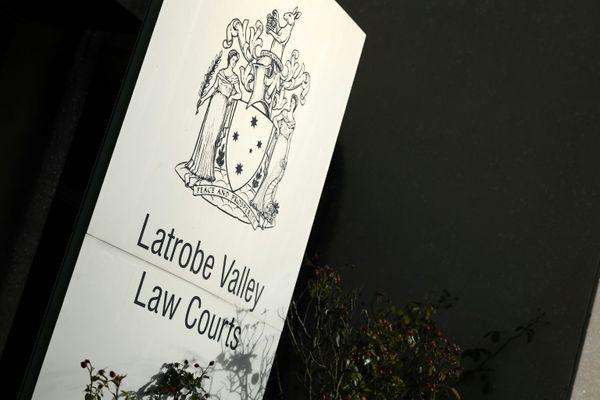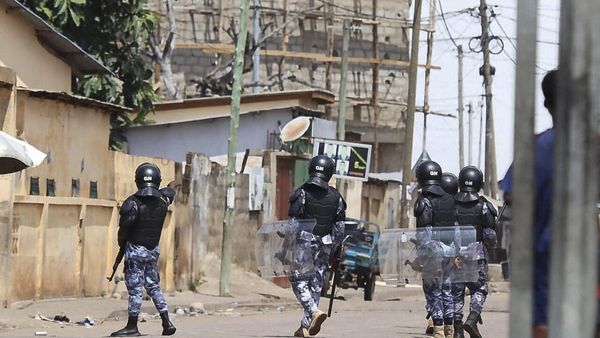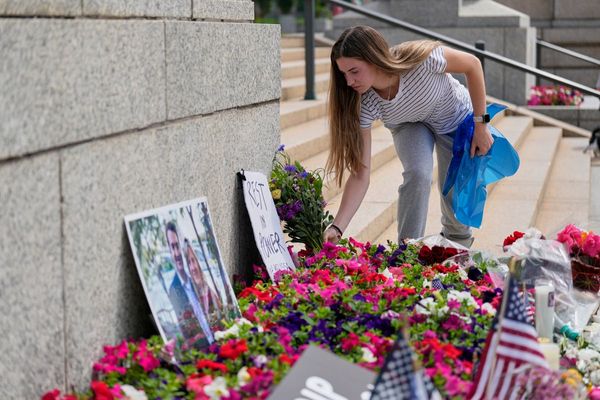Liverpool's Covid-19 infection rate has risen again and is nearing 250 cases per 100,000 people in the city.
Having brought its rates down to below 10 at the end of May, June has seen numbers surge as the highly transmissible Delta variant combines with more mixing taking place.
This has seen numbers shoot up - with mainly younger people becoming infected with the virus.
Read more: New coronavirus variant which 'spreads more easily' found in UK
There were 1216 cases recorded in the city in the 7 days up to June 20, providing a current infection rate of 244.2 per 100,000 population.
The city's positivity testing rate - which tells us how many of all tests carried out are positive - is up to 6.5%.
While the growth in cases is concerning, it is important to point out that it is largely younger people becoming infected - who are less likely to have had both vaccines at this stage.
Receive newsletters with the latest news, sport and what's on updates from the Liverpool ECHO by signing up here
The latest data shows that of the 1216 new cases in the past week, 413 were in the 25 to 44 age group, 345 were in the 18 to 24 group and 280 were amongst youngsters aged 17 or below.
Just 140 were found amongst those aged 45 to 64 and only 37 cases in total were detected in people aged 65 or over.
These numbers will provide more hope that the vaccines are working to stop the spread of the virus - particularly amongst those who have received two doses.
The other main hope is that of those that are becoming infected, fewer are ending up ill enough to require hospital treatment.
While we don't have fully updated figures, on June 15 there were 16 Covid patients being cared for in Liverpool's main hospital trust - with four requiring mechanical ventilation.
There are some areas of the city that continue to see higher virus rates than others.
The Riverside ward, which includes parts of Toxteth and Dingle, once again finds itself with the highest case numbers, with 97 infections recorded in the past week.
The Central ward is next with 77, while Picton is next on 70 and Greenbank behind it with 59.







